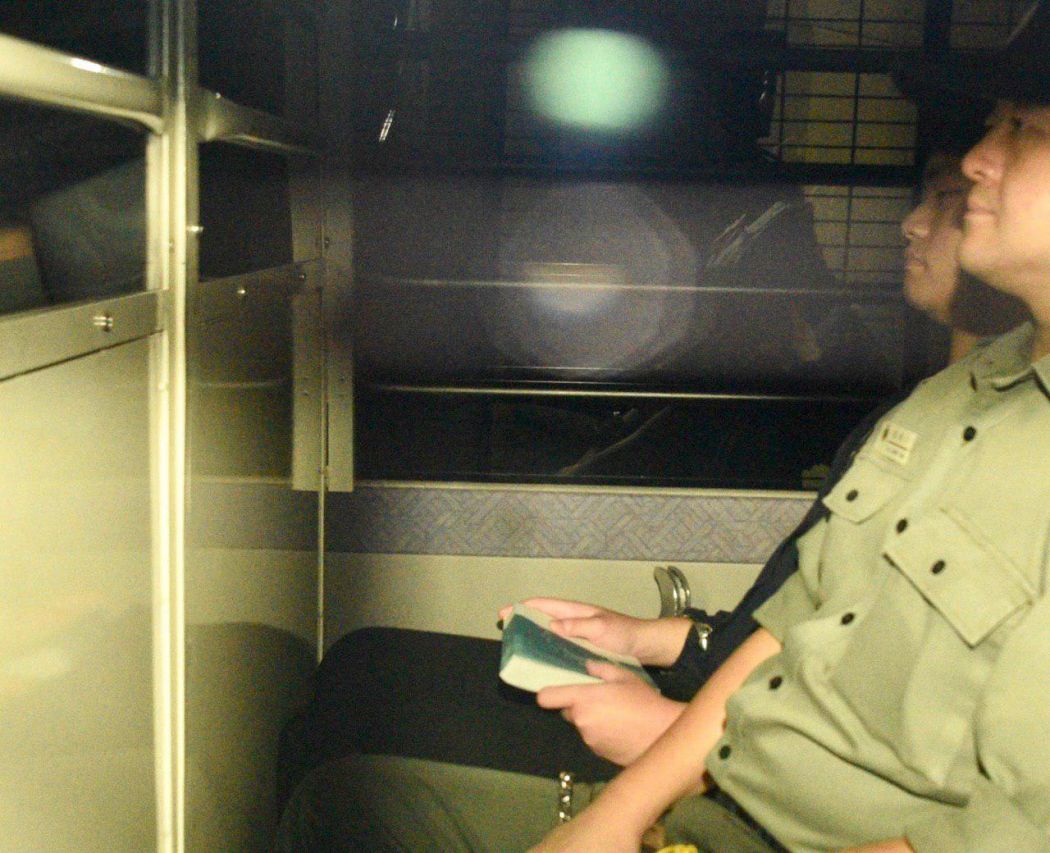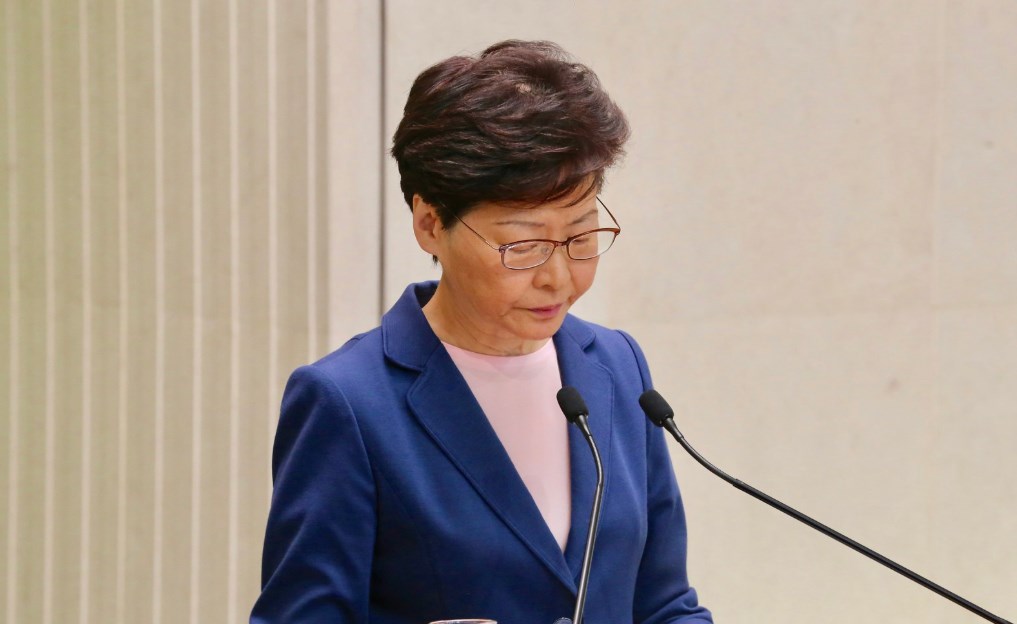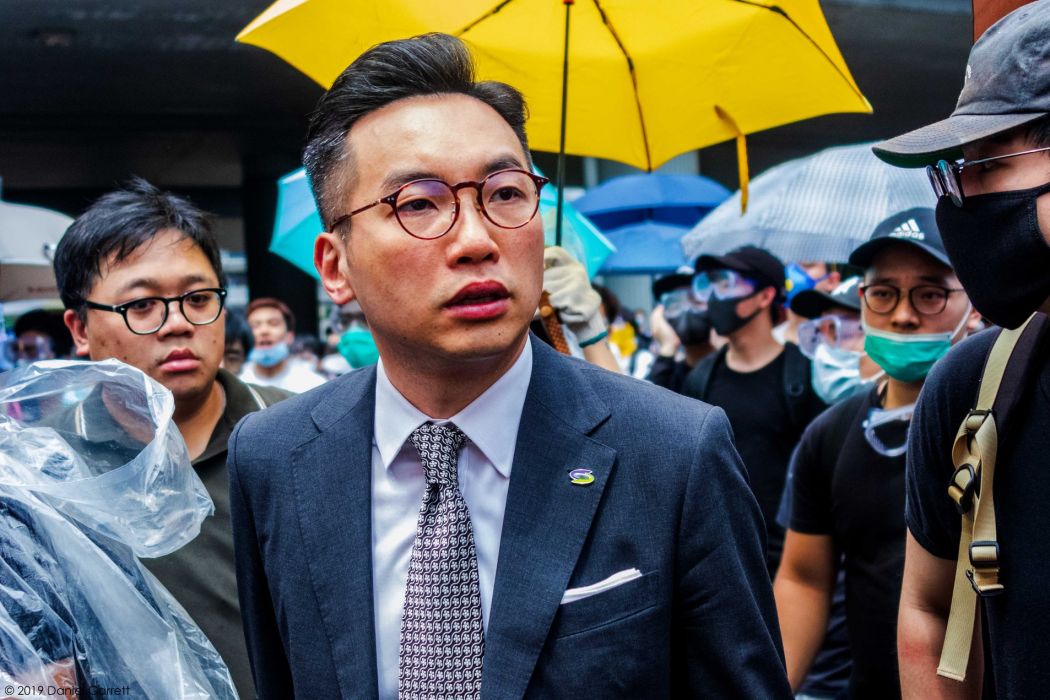Labour Party lawmaker Fernando Cheung has scrapped his alternative plan to deal with a murder case in Taiwan which triggered the Hong Kong’s government extradition law controversy. His bill would have enabled Taiwan to extradite suspects from Hong Kong on a case-by-case basis, but he withdrew it on Wednesday under public pressure.
Poon Hiu-wing, a pregnant 20-year-old Hong Kong woman, was killed during a trip to Taiwan with her boyfriend last February. Her partner, Chan Tong-kai, admitted to the murder upon his return to Hong Kong but is now serving jail time on money laundering charges related to the case. He may be released from prison as early as October.
The Hong Kong government proposed the now-suspended extradition bill in February in order to send Chan to Taiwan for trial, but the law would have also have enabled fugitive transfers to China. The move sparked mass protests and unrest, as residents feared they could face unfair trials in the mainland. Taiwan has said it would not accept the bill as it claims that the island is part of the People’s Republic of China.

The bill was suspended by Chief Executive Carrie Lam on June 15 and pronounced “dead” on July 9, but protesters demanded a full, official withdrawal.
Cheung had proposed a private members’ bill, suggesting a case-by-case mechanism whereby Taipei could request extradition, but not vice-versa. His bill would not have enabled fugitive transfers to mainland China or Macau.
Under Cheung’s plan, extradition requests would have to go through the legislature for approval. He previously said his bill had received the approval of the law draftsman of the Department of Justice.

Cheung admitted his proposal had faced criticism from protesters, who have accused him of reviving the extradition bill: “But we really intend to resolve the problem of injustice in the Taiwan murder case, and we know that time is of essence,” he said.
But at around 5:50pm on Wednesday, Cheung retracted the bill and apologised over the “sensitive timing.”
“I understand that the public have a lot of doubts over the bill, thus I have decided to retract it in order to enable the anti-extradition bill movement to focus and halt the controversy,” he said.
Cheung condemned Carrie Lam for not doing anything to help the Poon family. Earlier, he said: “The biggest hurdle is Carrie Lam. It is up to her to do her job.”
Alternative plans
Poon’s father reportedly wrote to Lam on June 26, before the storming of the Legislative Council on July 1 and its subsequent termination of meetings.
He asked the government to consider four alternative means to handle the murder case, according to a report by news outlet HK01.

The alternatives he suggested included conducting a one-off extradition to Taiwan; granting Hong Kong courts the power to handle the case on a one-off basis; or giving courts extraterritorial jurisdiction to handle cases that occurred overseas. He also suggested Chan could be persuaded to surrender himself in Taiwan.
In April, Civic Party lawmaker Alvin Yeung proposed a private members’ bill to amend the Offences against the Person Ordinance to empower Hong Kong courts to handle murder cases involving Hong Kong people that happened abroad. The Hong Kong Bar Association – made up of the city’s top lawyers – raised a similar suggestion previously.
Private bills need the government’s approval before being discussed at the legislature. On Thursday, the chief executive’s office officially replied to Yeung, saying they would not accept his bill.
“The chief executive has not proposed an alternative way to handle the Chan Tong-kai case. This is the real problem,” Yeung said. “The chief executive has a responsibility to give an answer to the Poon family. It is not a problem if our plans are rejected, but the chief executive has to find a feasible plan that society and Taiwan can accept.”

Democratic Party lawmaker Andrew Wan also proposed a bill in May to amend the Criminal Jurisdiction Ordinance to give Hong Kong courts extraterritorial jurisdiction, but it has yet to be approved by the justice department.
This story was updated at 18.00 after Cheung withdrew the bill.
